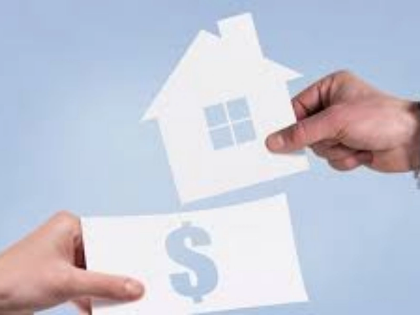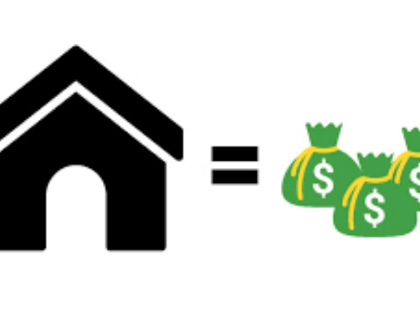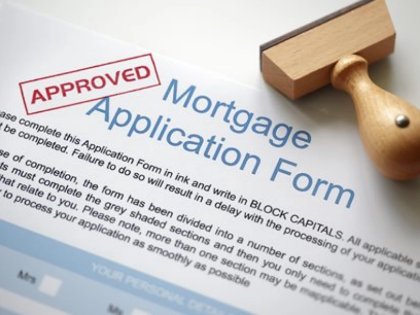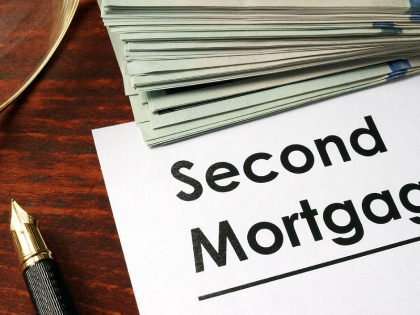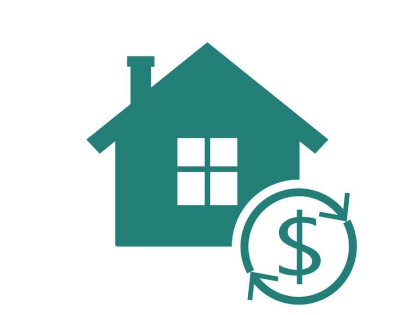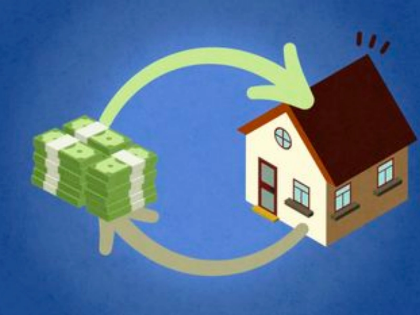How Reverse Mortgages Operate: Obtaining Equity from Your House
Homeowners can pay off debt, fund retirement, or offset expenses using the equity in their property. One way you can turn the value of your house into cash is with a reverse mortgage. Speak with a lender or counselor about your alternatives before submitting an application. Inquire about fees, interest rates, and other lending expenses. Next, contrast them with those of additional lenders.
How It Operates
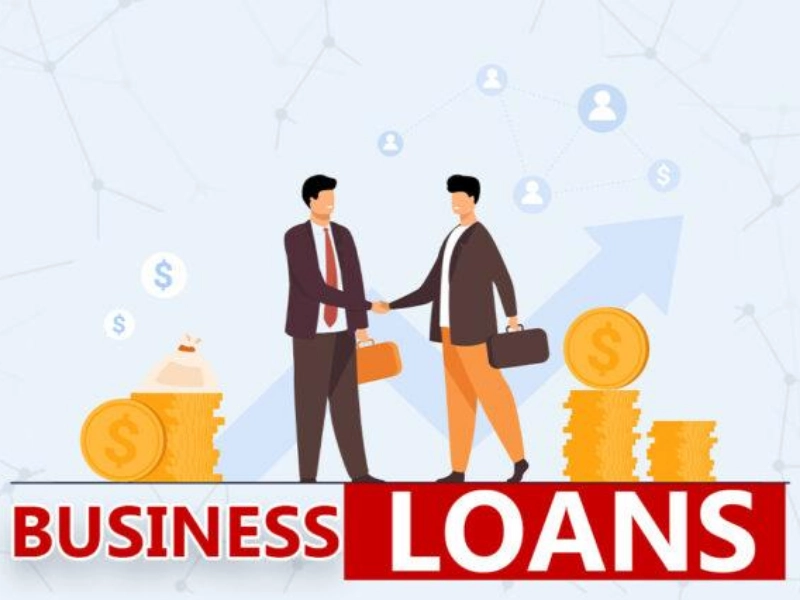 It's important to understand how reverse mortgages operate and the associated costs and criteria if you're considering applying for one. They're not for everyone, and a home equity loan or a home equity line of credit can frequently achieve the same goals.
With a reverse mortgage, homeowners can take out equity in their houses as a single payment, a series of payments, or a mix of the two. Just like with HELOCs and home equity loans, borrowers can normally select between fixed and variable interest rates. A yearly premium for mortgage insurance is also paid by them. When a borrower passes away, sells the house, or relocates permanently (e.g., into an assisted living facility), the reverse mortgage must be paid back. Either other funds or a refinancing into a standard mortgage can be used to pay down the remaining sum.
It's important to understand how reverse mortgages operate and the associated costs and criteria if you're considering applying for one. They're not for everyone, and a home equity loan or a home equity line of credit can frequently achieve the same goals.
With a reverse mortgage, homeowners can take out equity in their houses as a single payment, a series of payments, or a mix of the two. Just like with HELOCs and home equity loans, borrowers can normally select between fixed and variable interest rates. A yearly premium for mortgage insurance is also paid by them. When a borrower passes away, sells the house, or relocates permanently (e.g., into an assisted living facility), the reverse mortgage must be paid back. Either other funds or a refinancing into a standard mortgage can be used to pay down the remaining sum.
Conditions
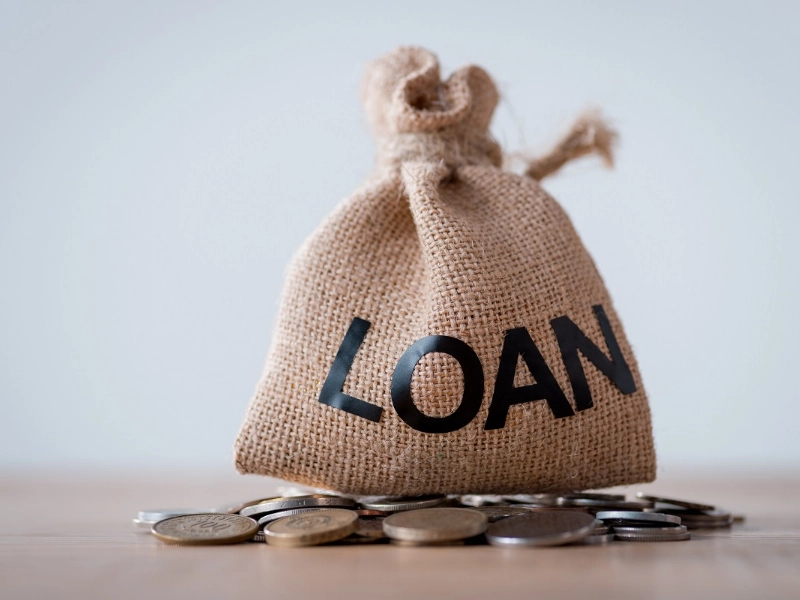 Obtaining a reverse mortgage has certain conditions. The borrower needs to have a sizable equity stake in the house and be at least 62 years old. Additionally, borrowers must maintain homeowner's insurance, pay property taxes, and maintain their property, according to a lender. The loan can only be used for the principal dwelling; it cannot be utilized for a second or vacation property. Before a reverse mortgage may be approved, a financial evaluation and counseling session are necessary.
The cost of reverse mortgages is high, and the debt may eventually surpass the property's worth. Although borrowers or their heirs cannot be sued by lenders for this sum, some borrowers would find it more advantageous to sell and downsize before their mortgage balance is reached. The type of reverse mortgage will determine the loan amount; however, all programs have maximums.
Obtaining a reverse mortgage has certain conditions. The borrower needs to have a sizable equity stake in the house and be at least 62 years old. Additionally, borrowers must maintain homeowner's insurance, pay property taxes, and maintain their property, according to a lender. The loan can only be used for the principal dwelling; it cannot be utilized for a second or vacation property. Before a reverse mortgage may be approved, a financial evaluation and counseling session are necessary.
The cost of reverse mortgages is high, and the debt may eventually surpass the property's worth. Although borrowers or their heirs cannot be sued by lenders for this sum, some borrowers would find it more advantageous to sell and downsize before their mortgage balance is reached. The type of reverse mortgage will determine the loan amount; however, all programs have maximums.
Rates of interest
 With reverse mortgages, homeowners may convert equity into cash without having to make normal monthly mortgage payments. Notwithstanding the fact that borrowers are not required to repay their debt until they sell their house or vacate it, lenders charge interest on the money they borrow, which causes the loan total to increase over time.
A lender's reverse loan interest rate varies. Comparing rates with other one-time expenses, like origination fees, is crucial, though. Request a "total annual loan cost" (TALC) rate from the lender that accounts for both these one-time and recurring fees.
You may be sure that the house will be sold to pay the reverse mortgage principal, interest, fees, and mortgage insurance because HECMs are federally insured. However, even if the value of the house drops, you or your successors will still be responsible for paying back the mortgage.
With reverse mortgages, homeowners may convert equity into cash without having to make normal monthly mortgage payments. Notwithstanding the fact that borrowers are not required to repay their debt until they sell their house or vacate it, lenders charge interest on the money they borrow, which causes the loan total to increase over time.
A lender's reverse loan interest rate varies. Comparing rates with other one-time expenses, like origination fees, is crucial, though. Request a "total annual loan cost" (TALC) rate from the lender that accounts for both these one-time and recurring fees.
You may be sure that the house will be sold to pay the reverse mortgage principal, interest, fees, and mortgage insurance because HECMs are federally insured. However, even if the value of the house drops, you or your successors will still be responsible for paying back the mortgage.
Charges
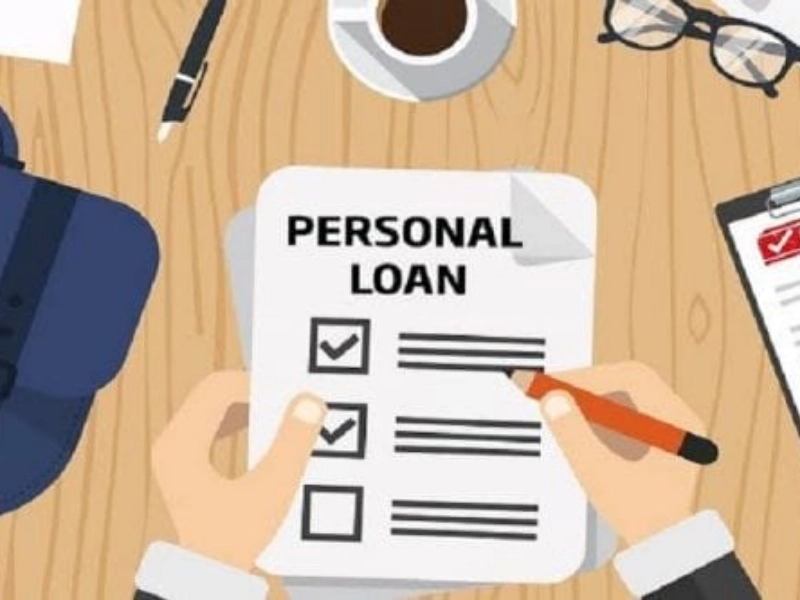 When it comes to reverse mortgage loans, lenders impose different costs. While some of these can be rolled into the loan, others need to be paid in full beforehand. By consulting a professional before engaging in serious talks, potential borrowers can steer clear of uncertainty.
You are exempt from loan repayment until you sell your house or pass away, in contrast to standard mortgages, which call for monthly payments. However, if you withdraw more money than your house is worth, the balance may increase over time.
Lenders may create a Life Expectancy Set-Aside, a fund that pays for your continuing homeowners insurance and property taxes for the duration of the loan, in order to avoid this. This keeps seniors from using expensive loans or high-interest credit lines to get extra money.
When it comes to reverse mortgage loans, lenders impose different costs. While some of these can be rolled into the loan, others need to be paid in full beforehand. By consulting a professional before engaging in serious talks, potential borrowers can steer clear of uncertainty.
You are exempt from loan repayment until you sell your house or pass away, in contrast to standard mortgages, which call for monthly payments. However, if you withdraw more money than your house is worth, the balance may increase over time.
Lenders may create a Life Expectancy Set-Aside, a fund that pays for your continuing homeowners insurance and property taxes for the duration of the loan, in order to avoid this. This keeps seniors from using expensive loans or high-interest credit lines to get extra money.
Taxes
 Reverse mortgages, as opposed to conventional mortgages, give you cash for the equity you've accrued in your house. Like any loan, there are certain tax implications, though.
Although loan proceeds aren't subject to income taxes, they may have an effect on other taxes, like Social Security and Medicare premiums. It's a good idea to find out how this can influence your circumstances by speaking with a tax expert or financial counselor.
The amount you borrow is determined by the interest rate charged by the lender, the amount of equity you have in your house, and the current market value of your property (up to a maximum). When you sell or vacate the property, you or your heirs repay the debt. This usually includes paying back the principal, interest, fees, and mortgage insurance on the loan.
Reverse mortgages, as opposed to conventional mortgages, give you cash for the equity you've accrued in your house. Like any loan, there are certain tax implications, though.
Although loan proceeds aren't subject to income taxes, they may have an effect on other taxes, like Social Security and Medicare premiums. It's a good idea to find out how this can influence your circumstances by speaking with a tax expert or financial counselor.
The amount you borrow is determined by the interest rate charged by the lender, the amount of equity you have in your house, and the current market value of your property (up to a maximum). When you sell or vacate the property, you or your heirs repay the debt. This usually includes paying back the principal, interest, fees, and mortgage insurance on the loan.

